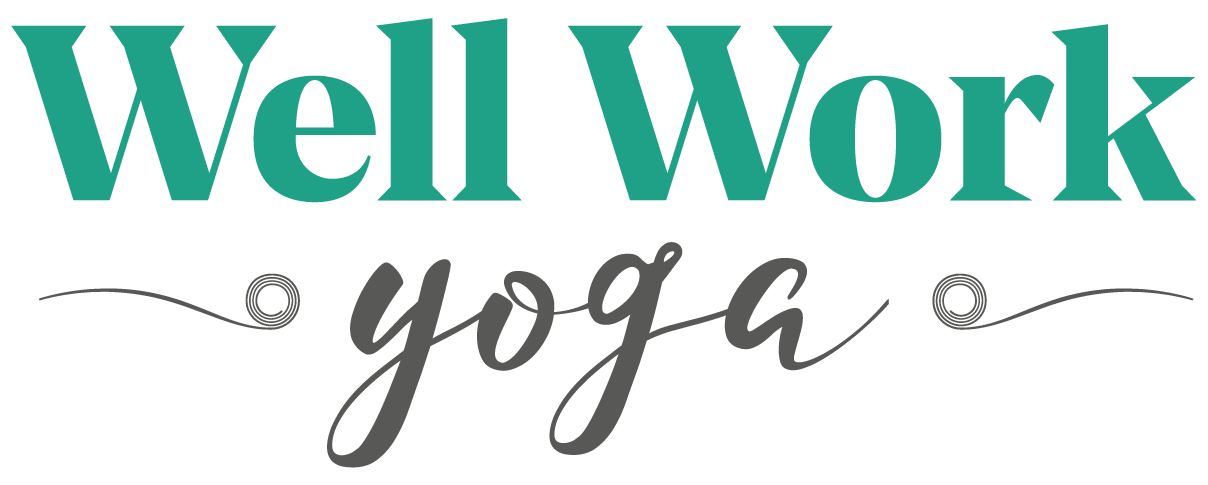In honour of National Work Life Week, here’s 3 simple but effective ways to engage and support working parents. Small changes like these add value to all employees, regardless of parental status. They’ll also demonstrate a real commitment to employee wellbeing and work life balance.
The Power of Quiet
Designating quiet areas at work can have a profound effect on productivity. Open plan offices are the norm despite repeatedly shown to reduce focus and satisfaction at work. Working parents, particularly those with young children, will appreciate quiet space to focus. If it’s common to find empty meeting rooms quickly snatched by solo workers, your employees will appreciate these more official quiet zones. Designating entire rooms for focused work isn’t always feasible, so consider scheduling one or two 90 minute periods throughout the day for undisturbed deep thinking instead.
This kind of 90 minute ‘surge schedule’ is a powerful way to maximise productivity and reduce stress. It’s based on harnessing our natural ultradian rhythms. Our brains are designed to alternate between high frequency, intense activity and lower frequency, less focused periods of recovery. Our bodies do the same. When you pause for a social media break or informal chat with a colleague, your brain is deliberately downshifting. Rather than seeing these moments as ‘slacking off’, good employers recognise them as essential pauses. They build resilience and maximise effectiveness. No one can focus intensely from 9am to 5pm every day and insisting employees do is futile.
In an 8 hour office day, the average worker is only productive for 2 hours and 53 minutes. If that makes you choke on your latte, measure how often you’re on news or social media sites. (Are you reading this at your desk?) These two activities, together with talking to colleagues about non work things, make up another 3 working hours, according to a study by Vouchercloud. Add in personal calls, texts, coffees, snacks or cigarettes and that’s 8 hours clocked.
Rather than despairing, make the most of these energetic ebbs and flows to supercharge collective productivity. Redesigning the working day will keep parents in the fold and help everyone avoid burnout.
3pm is the new 6pm
Who says we can only socialise after hours? Why not make the 3pm slump a time to come together, away from the screens. It could be coffee, fresh juice, light conversation or even a group exercise or yoga class.
One of the hardest realities of working life for many parents is the weekly happy hour or office socials. A foundation for team connection, work drinks help us relax and connect. They are central to the informal evolution of many corporate cultures but they also epitomise a working parents dilemma. Prioritise career or family? Whichever we choose, there’s an inevitable sense we’ve let someone down and negatively impacted our future. Many of us feel emotionally torn and distracted even once we’ve made a choice. You don’t need to wipe out end of week drinks to support working parents, but it isn’t hard to offer a more varied and inclusive social calendar.
Flexible Working
Yoga and group relaxation classes are an excellent alternative to alcohol powered parties because they offer many of the same benefits of drinks plus many more. A yoga class promotes relaxation, helps people feel more patient, kind and mindful of those around them and even beats medication as an anti-depressant. The practice has also been proven to reduce work absence related to back pain from poor posture and stress. These improvements to long term productivity and the bottom line are only just coming into focus as yoga moves into the mainstream at work.
These are all relatively small changes with the potential for a profound shift in overall workplace happiness. Imagine the relationship towards work of a new generation of employees who’ve grown up with working parents energised as they leave in the morning, happy and content at bedtime and present and attentive on the weekend.



